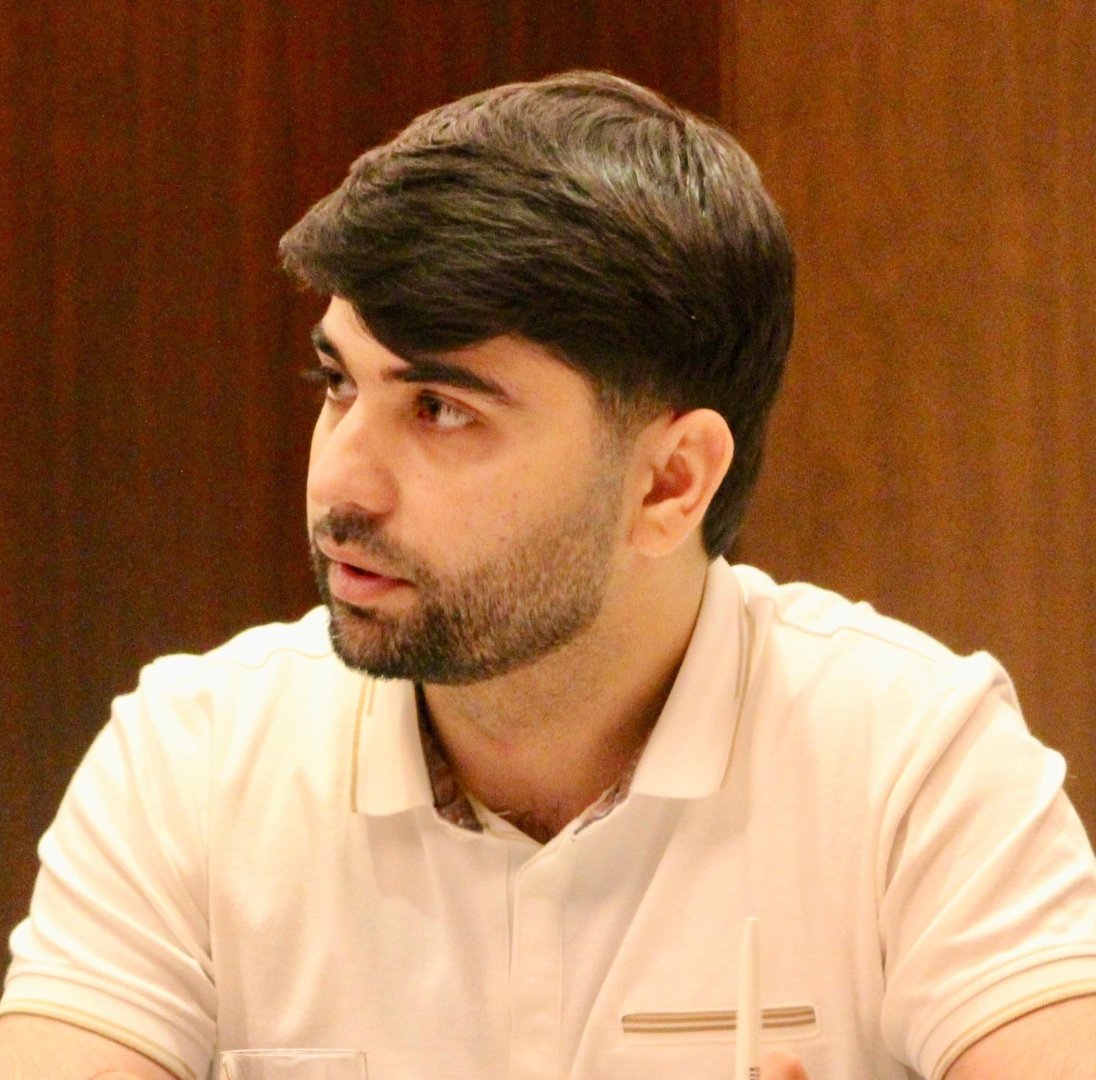BAKU, Azerbaijan, December 25. Kazakhstan plays a major role in upholding the energy security of the European Union, European Commission’s Lead Spokesperson for foreign affairs and security policy Peter Stano told Trend in an exclusive interview.
Enhanced Partnership and Cooperation Agreement
"This year, the EU and Kazakhstan are celebrating the 30th anniversary of diplomatic relations. Kazakhstan is the first country in the region that concluded an Enhanced Partnership and Cooperation Agreement (EPCA) with the EU. The EU is Kazakhstan's first trading partner overall and foreign direct investment provider," he said.
As Peter Stano noted, the EPCA has strengthened cooperation in twenty-nine key policy areas including human rights, trade and customs, environment and climate change, energy and green economy, transport, education, research and development.
The role of the Middle Corridor in connecting Asia with Europe
"The Central Trans-Caspian corridor certainly has the potential to handle more land-based trade between Europe and Asia, if key issues, bottlenecks, capacity shortages and other connectivity issues, including soft connectivity issues, are adequately addressed," he said.
Stano noted that as part of the Global Gateway initiative, the EU financed a study on sustainable transport corridors connecting the extended Trans-European Transport network and the five countries of Central Asia.
"Based on the results of this study (published last June 2023), we are now looking at enhancing the operational efficiency and economic attractiveness of the Central Trans-Caspian Network that encompasses major production and population centers in all five Central Asian countries. Based on our experience in Europe – and in line with the recommendations made in the study – developing transport connections must be based on a regional approach to connectivity, in order to ensure that they also contribute to sustainable economic development of the entire Central Asian region," he said.
Diversification of trade routes
Stano pointed out that the diversification of trade routes has been on the table for quite some time. He said that following the war in Ukraine, there is an increased urgency to identify alternative, reliable and efficient trade routes between Europe and Asia that do not pass through Russia. The EU wants to be a reliable and predictable partner in a rapidly changing world.
"The importance of transport connectivity was discussed during the EU-Central Asia Ministerial, which took place on 23 October 2023 in Luxembourg. Last year, we held a very successful conference on connectivity in Samarkand, Uzbekistan, and more recently the Global Gateway Forum (25-26 October) in Brussels demonstrates our strong commitment to strengthening our engagement on transport connectivity. This Forum will be followed up by an Investors’ Forum from 29-30 January 2024, which should lead to operational steps for the implementation of the Study," he said.
According to him, ahead of the Investors’ Forum, the EU is planning the first steps towards the implementation of the soft measures included in the study.
"Before the end of the year, we will adopt a Prosperity Program, which will contribute to improving cross-border coordination and interoperability across Central Asian countries to foster business connectivity along the strategic Trans-Caspian corridor," he said.
Role of Kazakhstan in EU’s energy security
"In general, close cooperation between countries in both Central Asia and the Caucasus is essential for realizing trans-Caspian connectivity, not only for energy supplies but also for sustainable connectivity projects and environmental protection. We recognize the role of Kazakhstan in EU’s energy security, in particular nuclear fuel and the security of supply from the Caspian pipeline, and welcome Kazakhstan’s reform incentives in the energy sector to underpin a clean energy transition," he noted.
EU supports the development of renewable energy sources in Kazakhstan
As Stano pointed out, the EU supports the development of renewable energy sources in Kazakhstan for decarbonization of the energy and industrial sector, with a special focus on the production of renewable hydrogen.
"The EU also has a keen interest on reducing the environmental impact stemming from fossil fuels, thus we seek to eliminate the practice of venting and flaring and increase the efficiency in energy production and consumption. The EU’s focus is on supporting the transition to green economies, renewable energy sources and countering climate change. We stand ready to share our experience in integrating higher shares of renewables into energy systems. We encourage all countries, including Kazakhstan, to join the Global Methane Pledge and to cut methane emissions by 30 percent by 2030. In November 2022, the EU and Kazakhstan signed a Memorandum of Understanding on a Strategic Partnership on sustainable critical raw materials, batteries and renewable hydrogen value chains, which is vital for green and digital transitions. In May 2023, the operational Roadmap for the Strategic Partnership 2023-24 was endorsed," he said.
EU keen to strengthen partnership with Kazakhstan
Stano noted that the potential for deeper and wider cooperation is very promising.
"We are keen to strengthen bilateral cooperation in areas such as trade and investment, green transition, sustainable connectivity, digitalization, energy, renewable hydrogen, raw materials, and people-to-people contacts. And since all economic sectors require a skilled and well-educated workforce, we must also focus on our training and exchange programs. We welcome the participation of university students and staff in Erasmus+, and we encourage even more participation of researchers in Marie Skłodowska-Curie Actions, and research entities in the Horizon Europe Framework program," he said.






